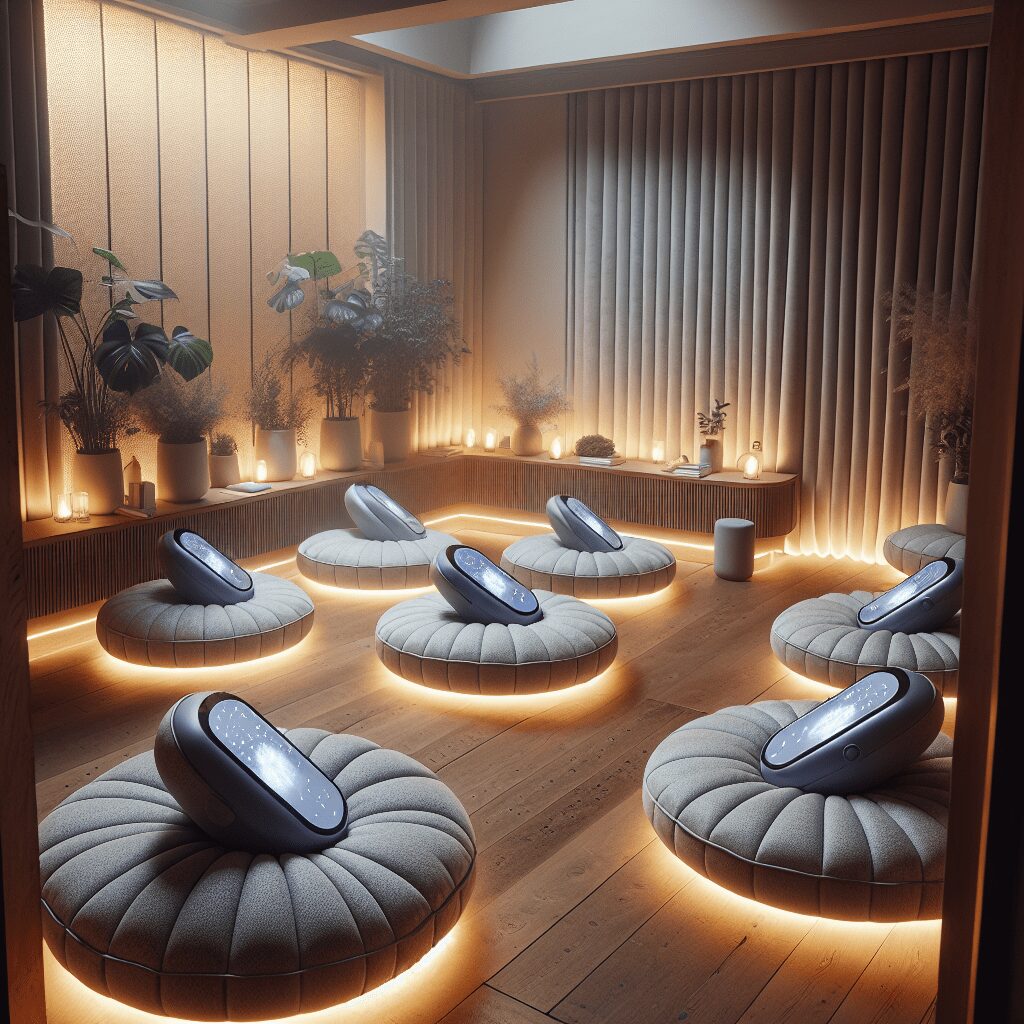
Prioritize your mental well-being daily. Enhance your life by nurturing your mental health with the Smart Meditation app. Break free from stress, alleviate anxiety, and enhance your sleep quality starting today.
Does Wine Reduce Stress?
Uncorking the Truth: Can Wine Really Take the Edge Off?
In the hustle and bustle of our modern lives, where the clock ticks faster than our heartbeat, stress has become as common as morning coffee. Speaking of indulgences, is there any truth to the whispers in the wind that a glass of wine can shoo away stress like birds fly to the southern skies in winter? Let’s dive in, wine glass in hand, and explore whether this beloved beverage holds the key to tranquility or if it’s just wishful drinking.
The Science Behind Sips and Serenity
First things first, let’s get the facts straight. There’s no denying the initial wave of relaxation that washes over you as you take your first sip of a sumptuous Merlot or a crisp Chardonnay. But what’s the real deal here? Is it all in our heads, or is there more to this liquid serenity?
-
The Role of Resveratrol: Pop the cork on any discussion about wine and health, and you’ll quickly stumble upon resveratrol. This compound, especially prevalent in red wine, has been praised for its antioxidant properties. Initial studies have flirted with the idea that resveratrol could offer a buffet of benefits, from heart health to yes, stress reduction. But here’s the kicker – the jury’s still out on whether the amounts found in your nightly pour are enough to make a significant difference.
-
The Alcohol Effect: Ah, alcohol, the double-edged sword. On the one hand, alcohol is a central nervous system depressant, which in layman’s terms means it can help the body relax and feel more at ease. This explains why that first sip feels like a sigh of relief after a long day. However, it’s a slippery slope. Too much alcohol can actually ramp up stress levels and lead to a bevy of other health issues.
-
Psychological Comfort: Never underestimate the power of a good ritual. For many, the act of uncorking a bottle and pouring a glass of wine is akin to signaling the brain that it’s time to unwind. This psychological aspect plays a significant role in why we might feel more relaxed with a glass in hand, regardless of what’s in the glass.
So, while there’s some science to support the idea that wine, in moderation, might help take the edge off, it’s not a one-size-fits-all solution. Enjoying a glass can be part of a stress-reduction strategy, but it’s essential to keep the bigger picture in mind.
Sipping Responsibly: The Path to Zen
Understanding that moderation is key, here’s how you can enjoy your wine while keeping stress at bay:
-
Know Your Limits: The golden rule of wine consumption is enjoying it in moderation. This typically means up to one glass a day for women and up to two for men.
-
Pair With Relaxation Techniques: Combine your evening glass of wine with other stress-relieving activities such as mindfulness meditation, a warm bath, or some gentle yoga moves.
-
Quality Over Quantity: Invest in a bottle you really love instead of reaching for quantity. Savoring a glass of quality wine can enhance the relaxation experience.
-
Listen to Your Body: Pay attention to how your body reacts to alcohol. If it doesn’t contribute positively to your stress levels, it might be time to explore other avenues of relaxation.
Diving into the world of wine and stress, it’s clear there’s a delicate balance to be struck. Like threading a needle in a vineyard, finding that sweet spot where wine becomes a delightful companion to relaxation rather than a crutch is the key. So, here’s to understanding the nuances of our favourite fermented grape juice and its place in the pantheon of stress relief — responsibly, of course. Cheers to that!





